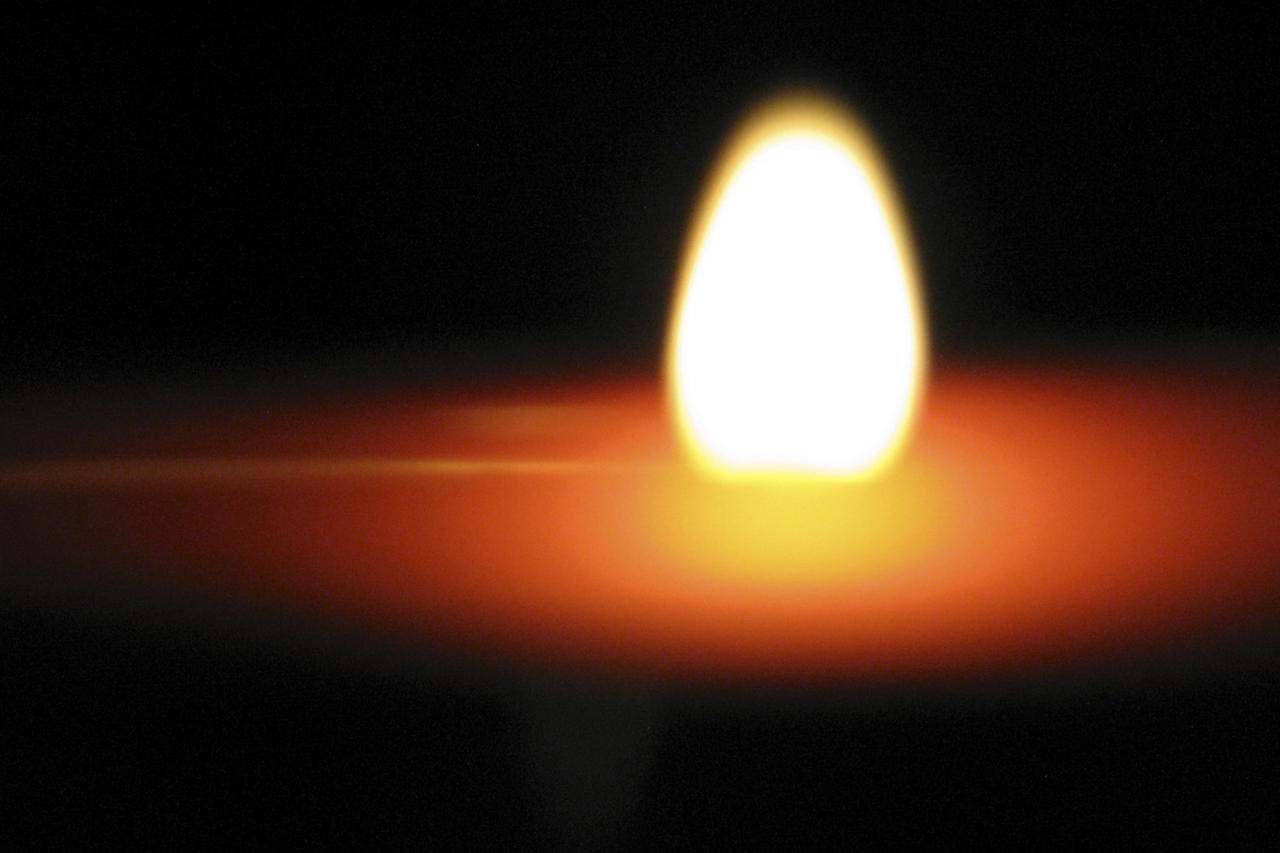“Said Gun (2)”
This poem is part of a longer manuscript called The Last Will and Testament of Said Gun that I’ve been working on for a couple of years. It’s narrated by a character named Said Gun, who lives in the rural Midwest, and in many ways embodies the spirit of his landscape. At this point in the narrative, Said Gun’s father has recently died and he’s attempting to take over his farming operation. He fails, and decides to sell moonshine with his friend Trembles. The still is successful in terms of being profitable, but it rapidly deteriorates as they indulge in their own supply.
I find writing in a persona freeing, in that I feel like I have permission to say things that I wouldn’t otherwise be able to as some iteration of myself. While writing this project, I also have been able to immerse myself in research, which has been a pleasure. For this poem, I spent a long time studying the mechanics of how a moonshine distillery works. There is something really evocative to me about lighting a spoonful of liquor on fire to test whether or not it was safe to drink—in order to test the purity of something, you burn it.
Years ago I saw Jorie Graham give a reading and she argued that all poets should be required to take method-acting courses. I’ve thought a lot about that advice while working on this book. I find myself trying to think like Said Gun, rather than just ventriloquizing him. I try to smell the harsh sugars of corn whiskey as he brings a spoonful of it, pure or not, untested to his mouth.
Said Gun (2)
I farmed as well as my father
fathered. I stitched soybeans into
an alkaline pH. One forgotten fence tie
let in a rout of coyotes.
My friend Trembles and I broke machines
at the most crucial moments.
We drank so much alcohol
we couldn’t afford not to make
our own. There is alchemy
to self-annihilation. For us it involved
corn mash, barley, cheesecloth,
mutual assured destruction
and the radiator of a Cadillac.
On a night full of bugs’ robotic anthems
Trembles and I distilled our first vat.
The radiator shivered like a wren
in a dust bath as the boiling liquid
coursed through its copper bowels.
I dipped a spoonful to light on fire:
blue flame meant clean liquor,
red meant lead or antifreeze
had seeped in, bringing blindness
or death. As I lowered the match
I thought how loss is assured,
the matter of degree being the only
real test here: the image, the world
or the ability to live
like a responsible human.
But before the flame bloomed,
Trembles was already chugging
from his dipped cup, and began to run
wildly through the yard into the fields
stumbling on clods as if his vision
flew from him like tatters of straw.
I blew out the flame and drank our fate
untested then fell headfirst into
the black valley between my lungs
and forgot soil and sky and its insects,
how above us they removed
their helmet-like masks,
held them over glossed chests
and chose not to sing.
—
Andrew Grace‘s most recent collection is Sancta. Sections of the in-progress manuscript for The Last Will and Testament of Said Gun have appeared in Copper Nickel, Columbia Poetry Review, Alaska Quarterly Review, Gettysburg Review, and Conjunctions. He teaches at Kenyon College.
Read the next two poems of this series in the Summer & Fall 2016 issue of Poetry Northwest.
Zach Savich reviews Andrew Grace’s Shadeland.

